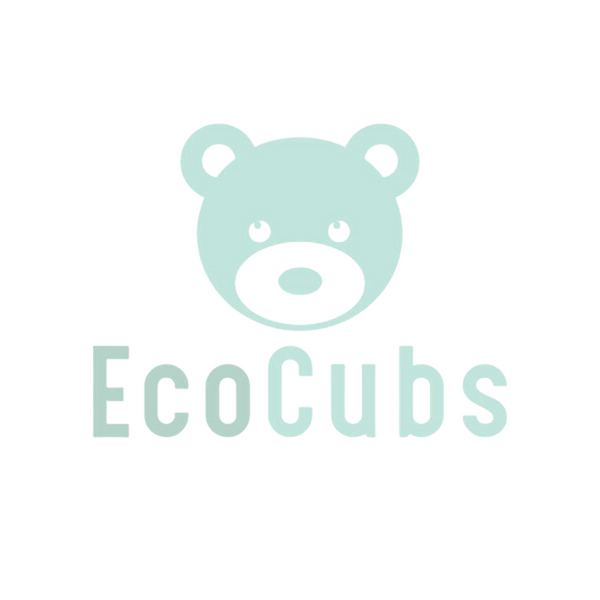Silicone has become the easy choice as a material for kid's non toxic dinnerware and cooking utensils. Here we break down whether it is actually the best choice.
At EcoCubs, our mission is to create products that are both safe for your little ones and kind to the planet. We’ve always believed in transparency, which is why we want to talk about a material that we do use in our products- although somewhat reluctantly- silicone.
While we’re committed to sustainability, we also understand that some materials come with their own complexities. Not all products sit either side of the line when it comes to 'eco-friendliness'- and we believe silicone is in this 'greyer' category.
In this blog, we’ll dive into the truth about silicone: its benefits, whether silicone is plastic and why we choose to use it in only limited amounts.
What is Silicone and Why Do We Use It?

Is Silicone A Plastic?
A common question that comes up is whether silicone is a type of plastic. The short answer is no, silicone is not plastic, although they share some similarities.
Both materials are durable, flexible, and can be moulded into various shapes, but the main difference lies in their composition and environmental impact.

The Recycling Challenge- Is Silicone Recyclable?
While silicone is indeed a safer alternative to many other materials, it’s important to note that recycling silicone is not as simple as tossing it into your recycling bin.
One issue is that many companies opt for silicones that are mixed with plastic due to production costs. This of course means that the type of products you buy is key. You need to opt for 100% silicone products (like EcoCubs) so that recycling is actually possibly.
However, unlike paper, glass, or aluminium, silicone doesn’t break down easily (this is a blessing and a curse), and it’s not commonly accepted in kerbside recycling programs, like our stainless steel products for example.
On the other hand, it doesn't degrade in to microplastics or leach harmful toxins in to the environment around it.

So Why Not Avoid Silicone Completely?
You might be wondering, why not just avoid silicone altogether and choose materials that are straightforward to recycle? And we also grapple with this question. While we are constantly exploring alternatives, the truth is that silicone does offer unique benefits that can’t be easily replicated with other materials, especially in products made for babies and toddlers.
As a solution, we've chosen to using silicone sparingly and responsibly so that we can aim to strike that balance between safety and durability for our bears, as well as sustainability.

Our Final Thoughts
The truth about silicone is that while it’s not perfect, it’s a safe, durable, and non-toxic material that isn't plastic.
Our goal at EcoCubs is to use it responsibly. While currently, it is a small essential part of some of our products, we are committed to one day having alternatives that don't sit in that 'grey' category. In the meantime, we will only use it in moderation.
As parents ourselves, we know you want the best for your child and the planet. At EcoCubs, we’re here to ensure that every product we create is aligned with those values (and ours) in helping make 'sustainable simple'.



 https://www.ecocubs.com.au
https://www.ecocubs.com.au